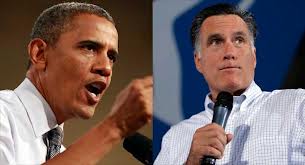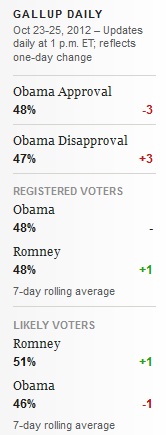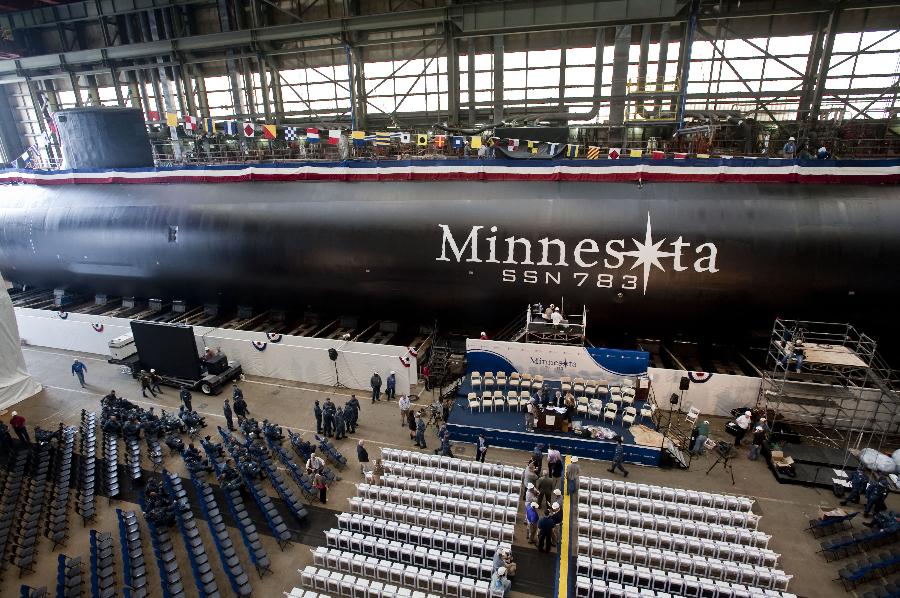
From The Economist - True Progressivism
I was going through my edition of The Economist the other day. It was a treat really, in the “old days” I used have lunch across from the Barnes and Noble, buy the print edition and read it over Thai food. I’ve long given that ritual up in favor of a subscription and electronic reading but hey….
So, anyway, there I was with my Phad Thai and the print version of the Economist. I flipped to the “Leaders” section and just shook my head when I say this title:
True Progressivism
I’ve come to see The Economist as a more moderate magazine than I used to, but every now and then I hit an article that makes me wonder. I nearly just turned the page and walked away.
But I read on. And boy am I glad that I did!
To be sure they came out of the gate pretty slowly:
BY THE end of the 19th century, the first age of globalisation and a spate of new inventions had transformed the world economy. But the “Gilded Age” was also a famously unequal one, with America’s robber barons and Europe’s “Downton Abbey” classes amassing huge wealth: the concept of “conspicuous consumption” dates back to 1899. The rising gap between rich and poor (and the fear of socialist revolution) spawned a wave of reforms, from Theodore Roosevelt’s trust-busting to Lloyd George’s People’s Budget. Governments promoted competition, introduced progressive taxation and wove the first threads of a social safety net. The aim of this new “Progressive era”, as it was known in America, was to make society fairer without reducing its entrepreneurial vim.
Ugh.
But the plot improves quickly:
Thus, on America’s campaign trail, the left attacks Mitt Romney as a robber baron and the right derides Barack Obama as a class warrior. In some European countries politicians have simply given in to the mob: witness François Hollande’s proposed 75% income-tax rate.
I’m willing to trade a whole bunch of ideology to someone who’s willing to admit that the left is nothing more than class warriors. So anyway, the article moves along and then comes some true gems:
In the rich world the cronyism is better-hidden. One reason why Wall Street accounts for a disproportionate share of the wealthy is the implicit subsidy given to too-big-to-fail banks. From doctors to lawyers, many high-paying professions are full of unnecessary restrictive practices. And then there is the most unfair transfer of all—misdirected welfare spending. Social spending is often less about helping the poor than giving goodies to the relatively wealthy. In America the housing subsidy to the richest fifth (through mortgage-interest relief) is four times the amount spent on public housing for the poorest fifth.
WOW!
The Economist is calling out the label, “Too Big To Fail.” And then the truly Libertarian line of logic that begins to pin back the lawyers and the docs. Who WOULDN’T love the racket that allows barristers and snake oil salesmen to restrict competition? And how about that fact regarding the mortgage-interest?
So, ideas?
Compete, target and reform
The priority should be a Rooseveltian attack on monopolies and vested interests, be they state-owned enterprises in China or big banks on Wall Street. The emerging world, in particular, needs to introduce greater transparency in government contracts and effective anti-trust law. It is no coincidence that the world’s richest man, Carlos Slim, made his money in Mexican telecoms, an industry where competitive pressures were low and prices were sky-high. In the rich world there is also plenty of opening up to do. Only a fraction of the European Union’s economy is a genuine single market. School reform and introducing choice is crucial: no Wall Street financier has done as much damage to American social mobility as the teachers’ unions have. Getting rid of distortions, such as labour laws in Europe or the remnants of China’s hukou system of household registration, would also make a huge difference.
Next, target government spending on the poor and the young. In the emerging world too much cash goes to universal fuel subsidies that disproportionately favour the wealthy (in Asia) and unaffordable pensions that favour the relatively affluent (in Latin America). But the biggest target for reform is the welfare states of the rich world. Given their ageing societies, governments cannot hope to spend less on the elderly, but they can reduce the pace of increase—for instance, by raising retirement ages more dramatically and means-testing the goodies on offer. Some of the cash could go into education. The first Progressive era led to the introduction of publicly financed secondary schools; this time round the target should be pre-school education, as well as more retraining for the jobless.
Last, reform taxes: not to punish the rich but to raise money more efficiently and progressively. In poorer economies, where tax avoidance is rife, the focus should be on lower rates and better enforcement. In rich ones the main gains should come from eliminating deductions that particularly benefit the wealthy (such as America’s mortgage-interest deduction); narrowing the gap between tax rates on wages and capital income; and relying more on efficient taxes that are paid disproportionately by the rich, such as some property taxes.
Thoughts on paragraphs 1, 2 and 3:
1- A gigantic FU to the teacher’s unions and labor laws! What I wouldn’t do to compromise if the deal included teacher’s union destruction and the loosening of labor laws. I mean, holy shit – “No Wall Street financier has done as much damage to American social mobility as the teacher’s unions!”
2- Welfare reform. We can only hope to slow the increase, but we should! Though they do slip on early education; there isn’t any data that suggests the gains last beyond 3rd grade.
3- This sounds exactly like Romney’s tax plan.
And to think, I almost passed this by because of the word Progressivism.








